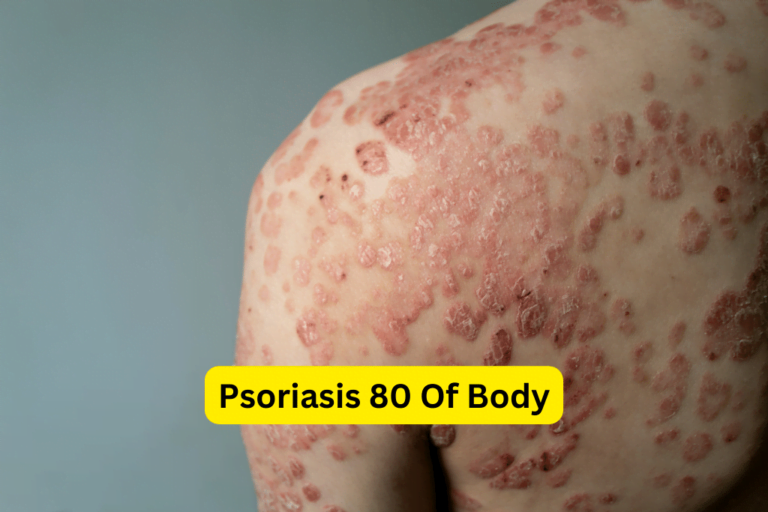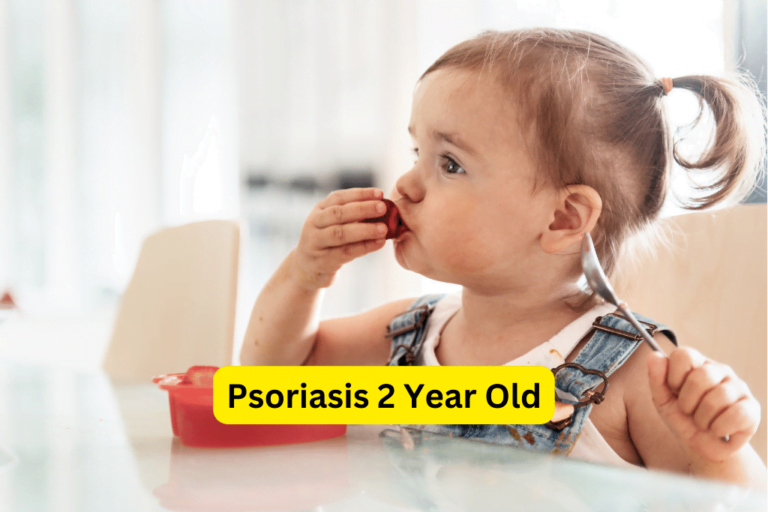Boost Your Skin Healing Journey with Stage 2 Psoriasis Treatments
Psoriasis 2Nd Stage
Psoriasis is a chronic skin condition that affects millions of people worldwide. It is characterized by the rapid growth and accumulation of skin cells, leading to the formation of thick, red, and scaly patches. Understanding the different stages of psoriasis is crucial for effectively managing its symptoms and minimizing its effects on day-to-day life.
What is Psoriasis?
Psoriasis is a complex autoimmune disorder that causes the skin cells to multiply at an accelerated rate. This results in the formation of raised, red patches covered with silvery scales. The prevalence of psoriasis varies across different countries, with estimates suggesting that it affects 2-3% of the global population.
Stages of Psoriasis
First stage of Psoriasis
The first stage of psoriasis is characterized by mild symptoms, including small, isolated patches of red, itchy skin. This stage is often referred to as “plaque psoriasis,” and it typically affects the elbows, knees, and scalp. Common triggers that can aggravate psoriasis in the first stage include stress, infections, and certain medications.
Second stage of Psoriasis (Focus of the article)
In the second stage of psoriasis, the symptoms become more pronounced, and the affected areas increase in size and number. The second stage is often referred to as “moderate to severe psoriasis.” It can significantly impact the quality of life and requires more comprehensive treatment approaches to manage the symptoms effectively.
Causes and factors leading to the progression of the disease
The exact causes of the progression from the first stage to the second stage of psoriasis are still being studied. However, several factors are believed to contribute to this progression. These include genetic predisposition, immune system dysfunction, and exposure to environmental triggers such as smoking, alcohol consumption, and certain medications.
Common symptoms and manifestations in the second stage
The second stage of psoriasis is characterized by larger, thicker plaques that may merge together to cover more extensive areas of the body. These plaques can be itchy, painful, and may crack or bleed. In addition to the physical symptoms, individuals with psoriasis often experience emotional and psychological distress due to the visible nature of the condition.
Diagnostic methods and tests used to identify second-stage psoriasis
Diagnosing second-stage psoriasis typically involves a visual examination by a dermatologist. The doctor will assess the appearance of the skin lesions, review the medical history, and may perform a biopsy or other laboratory tests to confirm the diagnosis. Differentiating second-stage psoriasis from earlier stages often requires careful evaluation of the severity and extent of the symptoms.
Distinct features that differentiate second-stage psoriasis from earlier stages
Second-stage psoriasis can be distinguished from earlier stages based on the size, thickness, and number of plaques. The plaques in the second stage tend to be larger, more inflamed, and cover a more significant portion of the body. The symptoms are often more severe, and the impact on daily life can be more pronounced.
Understanding the Cause of Second-Stage Psoriasis
Genetic Factors
Genetics plays a significant role in the development and progression of psoriasis. Individuals with a family history of psoriasis are at a higher risk of developing the condition. Specific genetic variations have been identified that contribute to the dysfunction of immune cells and the abnormal growth of skin cells.
Immune System Dysfunction
Psoriasis is an autoimmune disorder, meaning the immune system mistakenly attacks healthy cells in the body. In psoriasis, immune cells called T cells become overactive and trigger an inflammatory response, leading to the characteristic symptoms. Flare-ups can be triggered by infections, injuries, and stress.
Environmental Triggers
While genetic and immune factors play a significant role in the development of psoriasis, environmental triggers can also worsen the symptoms in the second stage. Common triggers include smoking, excessive alcohol consumption, certain medications (such as lithium and beta-blockers), and stressful life events. Additionally, cold and dry weather conditions can exacerbate the symptoms.
Symptoms and Manifestations of Second-Stage Psoriasis
Identifying Physical Symptoms
In the second stage of psoriasis, physical symptoms are more pronounced and can vary in severity. Skin lesions appear as thick, inflamed plaques covered with silvery scales. These patches commonly affect areas such as elbows, knees, scalp, and lower back. The plaques can be itchy, painful, and may crack or bleed, causing additional discomfort.
Emotional and Psychological Impact
Living with second-stage psoriasis can have a profound impact on an individual’s emotional well-being. The visible nature of the condition can lead to feelings of embarrassment, self-consciousness, and lowered self-esteem. The constant itchiness, pain, and discomfort can also contribute to stress, anxiety, and depression. Seeking mental health support and adopting coping strategies are essential for managing these emotional challenges.
Diagnosis and Treatment Options
Diagnostic Methods
A dermatologist can often diagnose second-stage psoriasis through a visual examination of the skin and a review of the patient’s medical history. In some cases, a skin biopsy may be necessary to confirm the diagnosis. Laboratory tests, such as blood tests, may also be conducted to rule out other potential causes of the symptoms.
Treatment Approaches for Second-Stage Psoriasis
Treatment options for second-stage psoriasis aim to reduce inflammation, control symptoms, and prevent flare-ups. These approaches may include:
- Topical treatments such as corticosteroid creams and ointments
- Systemic medications, including oral or injectable immunosuppressants
- Phototherapy and laser treatments to target affected areas with controlled doses of UV light
- Alternative and complementary therapies such as natural creams, acupuncture, and dietary supplements
Additionally, making lifestyle modifications, such as avoiding triggers, maintaining a healthy diet, and managing stress, can help manage psoriasis symptoms.
Tips for Managing Psoriasis in its Second Stage
Self-Care and Lifestyle Tips
To effectively manage second-stage psoriasis, individuals can follow these self-care tips:
- Establish and maintain a regular skincare routine by using gentle cleansers and moisturizers
- Avoid triggers such as smoking, excessive alcohol consumption, and stressful situations
- Adopt a healthy, balanced diet rich in fruits, vegetables, and omega-3 fatty acids
- Practice stress management techniques, such as meditation, yoga, and deep breathing exercises
Seeking Professional Help
Consulting a dermatologist is crucial for managing second-stage psoriasis effectively. Dermatologists can recommend appropriate treatment plans, monitor the progress, and adjust medications as needed. Additionally, participating in support groups and seeking therapy can provide emotional support and strategies for coping with the challenges of living with psoriasis.
Prognosis and Long-Term Outlook
Psoriasis is a chronic condition that requires long-term management. While there is no cure, many individuals with psoriasis can achieve symptom control and lead fulfilling lives with appropriate treatment and lifestyle modifications. Regular medical check-ups and monitoring are essential to identify any potential complications and adjust the treatment plan accordingly.
Conclusion
Understanding the second stage of psoriasis is vital for individuals affected by this chronic skin condition. By recognizing the causes, symptoms, and treatment options for second-stage psoriasis, individuals can take an active role in managing their symptoms and improving their overall quality of life. It is essential to seek appropriate medical treatment, practice self-care, and seek support to navigate the challenges of living with psoriasis successfully.
"Have You Seen Mike Walden's new holistic acne System yet? It's called "Acne No More" I've read the whole thing (all 223 pages) and there's some great information in there about how to naturally and permanently eliminate your acne without drugs, creams or any kind of gimmicks. I highly recommend it - it's very honest and straightforward without all the hype and b.s. you see all over the net these days. Here's the website where you can get more information:
Click Here -->AcneNoMore









